MCQ ON MITOSIS class 12 for NEET | MITOSIS class 12 | MCQ MITOSIS with Answer | Check the below NCERT MCQ question for class 12 Biology based on the with Answers.
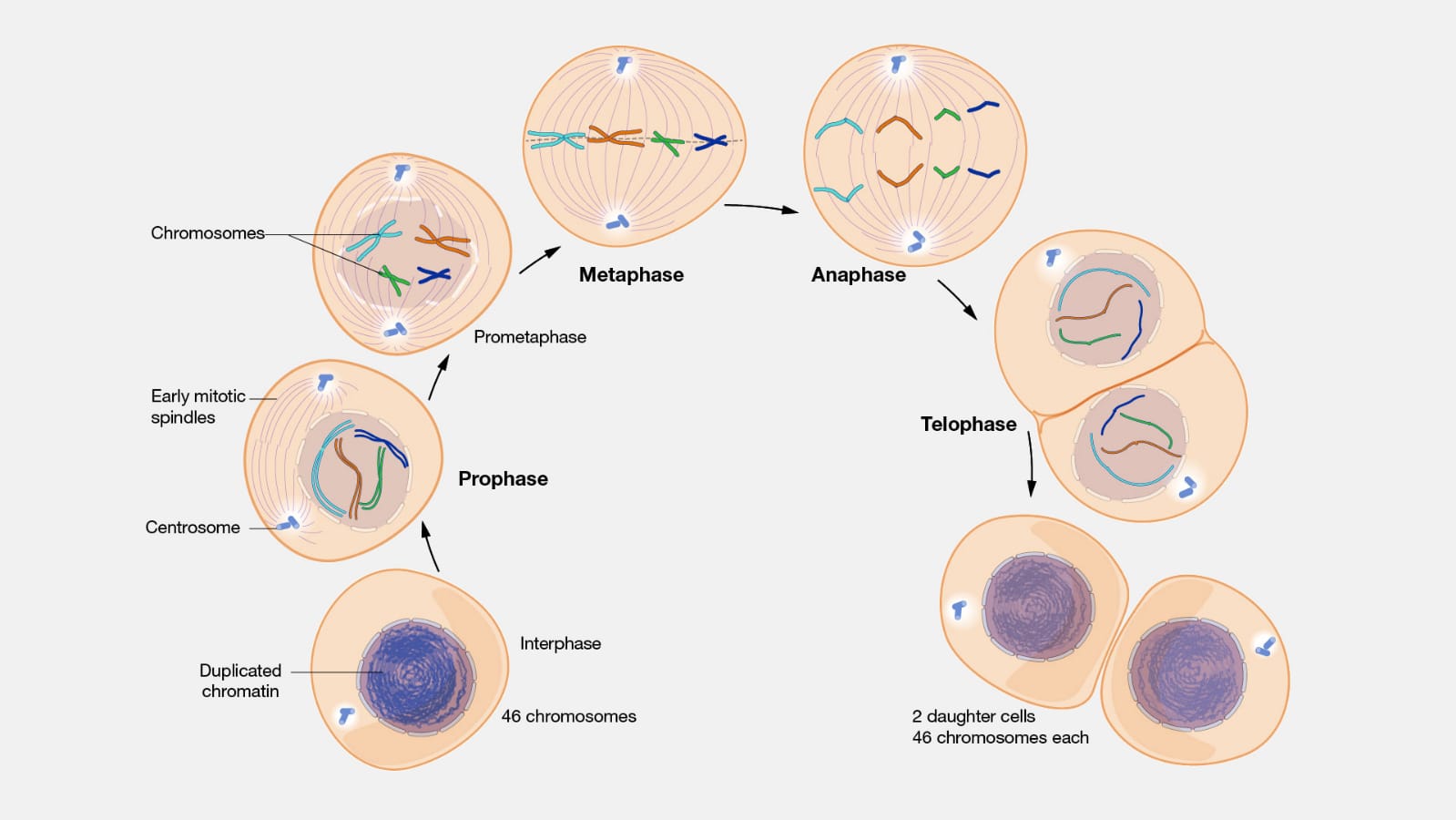
MCQ ON MITOSIS class 12 for NEET
MCQ on MITOSIS class 12 Biology with answers were prepared based on the latest pattern.We have provided class 12 Biology MCQs question with Answers to help students understand the concept very well.
MCQ ON MITOSIS is useful for NEET / CSIR / UGC / CBSE / ICSE / AIIMS / EXAM / AFMC EXAM / STATE LEVEL MEDICAL EXAM 2022-23 , 2023-24
INTRODUCTION:-
Mitosis is called somatic division because it occurs during formation of somatic or body cells.Mitosis is studied in plants in the region of meristems, e.g.stem tip, root tip.In animals it is studied in bone marrow , skin , base of nails , etc,.
Mitosis is equational division in which a parent cell divides into two identical daughter cells , each of which contains the same number and kind of chromosome as are present in the parent cell .It is centric in animal cells and acentric in plants.Mitosis occurs in two steps karyokinesis and cytokinesis .
Karyokinesis : – It is the stage of nuclear division ( indirect nuclear division ) which is continuous but it is divided into four stages for the sake of convenience – Prophase , metaphase , anaphase and telophase.
cytokinesis :- it is the division of cytoplasm of a cell undergoing karyokinesis to form two daughter cells .It begins towards the middle of anaphase and is completed simultaneously with the complexion of telophase.Non occurrence of cytokinesis produces multinucleate coenocyte or syncytium .
MCQ ON MITOSIS class 12 for NEET
1. Where can we study mitosis ?
(a) Nail base
(b) Brain
(c) Legs
(d) Kidneys
Ans (a) Nail base
2.Spindle fibres are formed of
(a) Tubulin
(b) fibrin
(c) flagellin
(d) Actin
Ans. (a) Tubulin
3. Mitosis is absent in
(a) zygote
(b) germinal cell
(c) bone cell
(d) none of the above
Ans. (b) germinal cell
4. Which of the phase of mitosis is the longest ?
(a) prophase
(b) metaphase
(c) anaphase
(d) telophase
Ans.(a) prophase
5. In mitotic metaphase , each chromosome is
(a) one
(b) two
(c) three
(d) four
Ans.(b) two
6.In mitosis , nuclear envelope and nucleolus disappear during
(a) Prophase
(b) Interphase
(c) metaphase
(d) telophase
Ans.(a) Prophase
7. Recombination nodules are found in during
(a) anaphase
(b) metaphase
(c) Prophase
(d) telophase
Ans.(d) Prophase
8. In metaphase I chromosome are in
(a) tetrad stage
(b) dyad stage
(c) diploid nature
(d) attract each other
Ans.(a) tetrad stage
9. In metaphase of mitosis , the chromosome
(a) break and disintegrate
(b) undergo condensation
(c) line up at equator
(d) decondense and elongate
Ans. (c) line up at the equator
10. In mitosis, the number of chromosomes
(a) become double
(b) become half
(c) remain unchanged
(d) None of the above
Ans. (c) remain unchanged
11. Azides and cyanide inhibits
(a) metaphase
(b) Prophase
(c) anaphase
(d) telophase
Ans.(b) Prophase
12. Fibroblast cells in our body are those that arrested in
(a) Go- phase
(b) G- 1 phase
(c) G-2 phase
(d) Yet to start division
Ans . (b) G1 phase
13. Chromosomes are least condensed during
(a) Telophase
(b) Interphase
(c) Metaphase
(d) Anaphase
Ans.(b) Interphase
ALSO READ:-
● YOU CAN WATCH BIOLOGY SIR Youtube channel
14. A diploid living organism develops from zygote by repeated
(a) meiosis
(b) mitosis
(c) amitosis
(d) segmentation
Ans. (b) mitosis
15. How many mitotic divisions are needed for a single cell to make 1024 cells ?
(a) 8
(b) 10
(c) 32
(d) 64
Ans.(b) 10
16. Centriole replicates during
(a) Interphase
(b) early Prophase
(c) late prophase
(d) late telophase
Ans.(a) Interphase

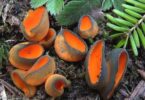

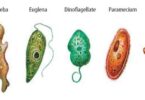
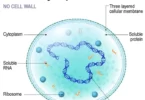
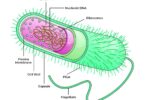
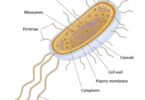
Leave a Comment